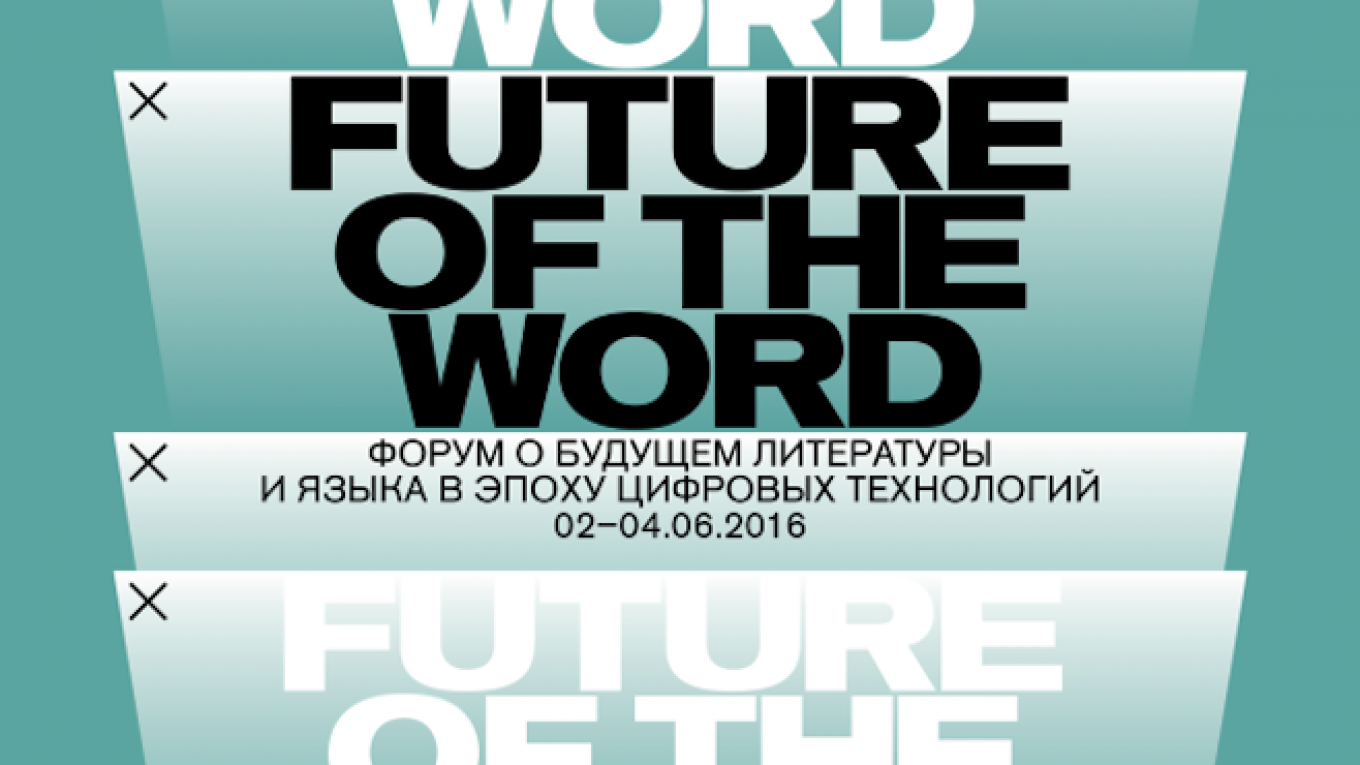What is the future of language and literature in the digital era? This is the conversation UK and Russian professionals will be having over the next 3 days at the Future of the Word forum. And wordsmiths from the general public are invited to have their say too.
Part of the UK-Russia Year of Language and Literature, The Future of the Word is a joint initiative between the British Council and the Strelka Institute for Media, Architecture and Design.
Devoted to new perspectives on reading culture, literary processes and the publishing industry, the core of the festival is a think tank where individuals across various industries will explore the word and its evolution from various perspectives. The forum also boasts an extensive public program of talks, lectures, discussions and film screenings.
James Bridle, a British Writer, artist and publisher will curate the event. Bridle will also lead the closing lecture of the forum where he will speak about the connections between language and the digital world. Another highlight will be an appearance by London-based artist Erica Scourti, who will present a selection of her most recent works to the public. Meanwhile Laurence Scott, an award-winning nonfiction writer, will talk about his latest book “The Four-Dimensional Human: Ways of Being in the Digital World.”
To add a cinematic edge to proceedings Beat Film festival is presenting a special film program as part of the forum. Members of the public will be able to watch “Bitter Lake” from documentary filmmaker Adam Curtis and “Innocence of Memories” a film about the Nobel prizewinner Orhan Pamuk.
Entrance to all events is free of charge but attendees should register ahead of time here.
Strelka Institute for Media, Architecture and Design. 14 Bersenevskaya Naberezhnaya. Bldg. 5a. Metro Kropotkinskaya. www.strelka.com. Through June 4.
A Message from The Moscow Times:
Dear readers,
We are facing unprecedented challenges. Russia's Prosecutor General's Office has designated The Moscow Times as an "undesirable" organization, criminalizing our work and putting our staff at risk of prosecution. This follows our earlier unjust labeling as a "foreign agent."
These actions are direct attempts to silence independent journalism in Russia. The authorities claim our work "discredits the decisions of the Russian leadership." We see things differently: we strive to provide accurate, unbiased reporting on Russia.
We, the journalists of The Moscow Times, refuse to be silenced. But to continue our work, we need your help.
Your support, no matter how small, makes a world of difference. If you can, please support us monthly starting from just $2. It's quick to set up, and every contribution makes a significant impact.
By supporting The Moscow Times, you're defending open, independent journalism in the face of repression. Thank you for standing with us.
Remind me later.






